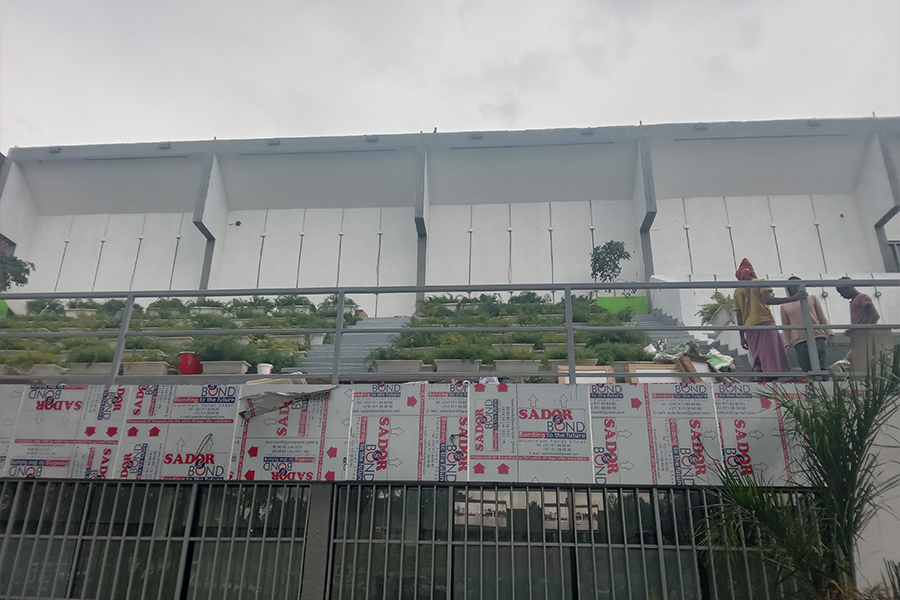
In-Picture | Sep 14,2024
Jan 7 , 2024
By Hintsa Andebrhan
In the shifting geopolitical reality of the Horn of Africa, recent developments point to a nuanced, yet potentially transformative, set of interactions involving Ethiopia, the self-declared state of Somaliland, and major international players, including the United States (US), the United Kingdom (UK), and various European countries.
Somaliland's quest for international recognition as an independent state, a status it unilaterally declared in 1991 following the collapse of the Somali government, is at the centre of the latest diplomatic tussle. Despite its self-governance and relative stability, Somaliland remains unrecognised by the international community, largely due to concerns about the implications of such a move on broader regional stability and the principles of international law.
Ethiopia, a key regional power, has historically maintained cordial relations with Somaliland, primarily driven by economic and security interests. The Berbera Port, strategically located by the Gulf of Aden, is a focal point of these interests. In 2018, Ethiopian authorities agreed to acquire a 19pc stake in the Berbera Port project, a venture mainly financed by DP World, a multinational logistics company based in the United Arab Emirates (UAE).
This investment was seen as part of Ethiopia's broader strategy to diversify its maritime access and reduce its dependence on Djibouti. However, details of Ethiopia's involvement in the Berbera Port project have remained somewhat opaque, with limited tangible progress observed since the initial announcement.
According to official statements from Somaliland, the recent developments suggest their country's deepening of ties with Ethiopia. Vital in the emerging partnership is the deal for Somaliland to grant a 20Km maritime access to Ethiopian naval forces, leased for a 50-year, in exchange for Ethiopia's formal recognition of Somaliland. The agreement, if realised, would mark a significant shift in the regional geopolitical terrain, potentially challenging the existing balance of power and the diplomatic status quo.
For Ethiopia, such a move could have far-reaching implications. While it offers a strategic advantage in maritime access, it risks undermining its longstanding commitment to the principles of the African Union (AU) Charter, particularly the organisation's rule on territorial integrity and the respect for existing borders. Ethiopia's potential recognition of Somaliland could be perceived as a departure from these principles, potentially inviting scrutiny and criticism from other African states and international bodies.
The role of the United States (US), the UK, and other European countries in these developments could be layered, to say the least. There are suggestions that certain political elites in these countries, along with think tanks and lobbyists, are encouraging Somaliland's quest for independence. This support, however, appears to be subtle, with no official recognition or direct intervention, possibly due to the sensitive nature of the issue and its implications for international law and regional stability.
The involvement of the US and other Western powers is often viewed through the lens of their strategic interests in the region, particularly about the Gulf of Aden, a vital maritime route for global trade and energy supplies. Nonetheless, official policy positions of these countries continue to align with the overarching principle of non-interference in the internal political affairs of sovereign states, by the Charter of the United Nations.
Ethiopia's domestic imperilments further complicate the situation. The country has been bogged down in internal conflicts and growing economic and diplomatic tensions. The decision to deepen ties with Somaliland and potentially recognise it as a sovereign state is a move that could have significant implications for Ethiopia's internal dynamics as well as its relationships with neighbouring countries and the broader international community.
PUBLISHED ON
Jan 07,2024 [ VOL
24 , NO
1236]


In-Picture | Sep 14,2024
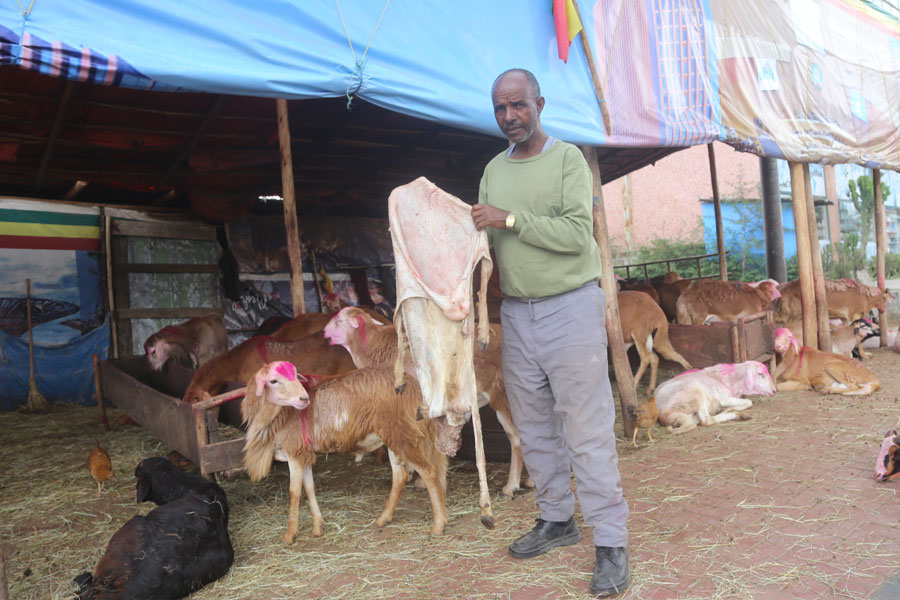
Agenda | Jan 13,2024

Fortune News | Aug 06,2022

Radar | Oct 07,2023

View From Arada | Jun 21,2025

Commentaries | Jun 14,2025
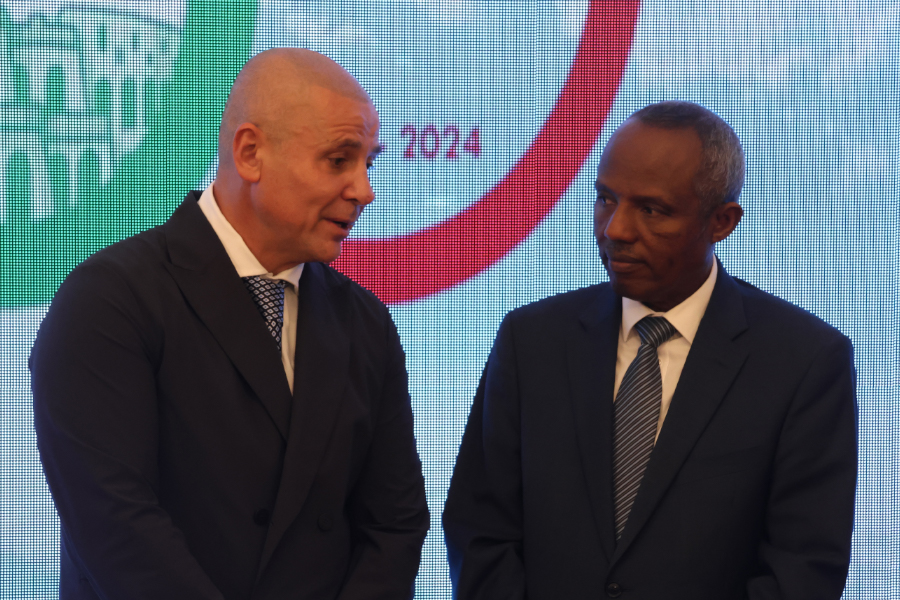
Radar | Sep 29,2024

Life Matters | Aug 25,2024
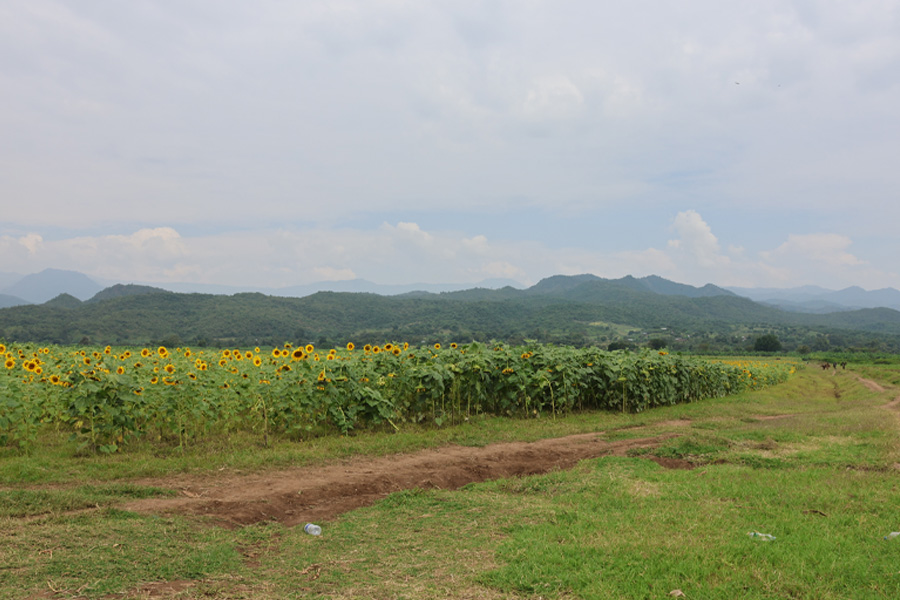
In-Picture | Nov 16,2024
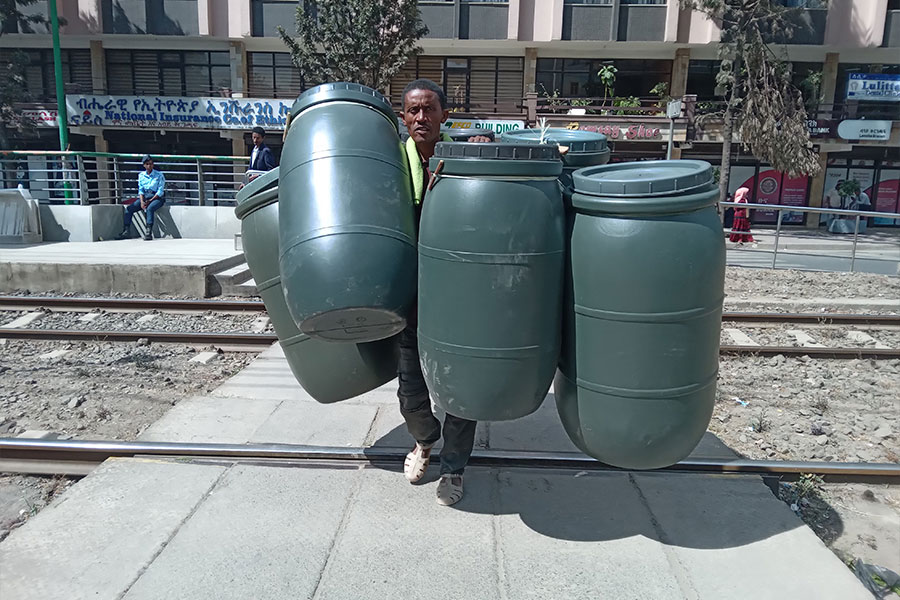
In-Picture | Feb 03,2024

Photo Gallery | 170165 Views | May 06,2019

Photo Gallery | 160409 Views | Apr 26,2019

Photo Gallery | 150024 Views | Oct 06,2021

My Opinion | 136226 Views | Aug 14,2021





Dec 22 , 2024 . By TIZITA SHEWAFERAW
Charged with transforming colossal state-owned enterprises into modern and competitiv...

Aug 18 , 2024 . By AKSAH ITALO
Although predictable Yonas Zerihun's job in the ride-hailing service is not immune to...

Jul 28 , 2024 . By TIZITA SHEWAFERAW
Unhabitual, perhaps too many, Samuel Gebreyohannes, 38, used to occasionally enjoy a couple of beers at breakfast. However, he recently swit...

Jul 13 , 2024 . By AKSAH ITALO
Investors who rely on tractors, trucks, and field vehicles for commuting, transporting commodities, and f...

Oct 4 , 2025
Eyob Tekalegn (PhD) had been in the Governor's chair for only weeks when, on Septembe...

Sep 27 , 2025
Four years into an experiment with “shock therapy” in education, the national moo...

Sep 20 , 2025
Getachew Reda's return to the national stage was always going to stir attention. Once...

Sep 13 , 2025
At its launch in Nairobi two years ago, the Africa Climate Summit was billed as the f...

Oct 5 , 2025 . By NAHOM AYELE
In Meqelle, a name long associated with industrial grit and regional pride is undergo...

Oct 5 , 2025 . By BEZAWIT HULUAGER
The federal government is set to roll out a new "motor vehicle circulation tax" in th...

Oct 5 , 2025 . By NAHOM AYELE
The Bank of Abyssinia is wrestling with the loss of a prime plot of land once leased...

Oct 5 , 2025 . By BEZAWIT HULUAGER
The Customs Commission has introduced new tariffs on a wide range of imported goods i...